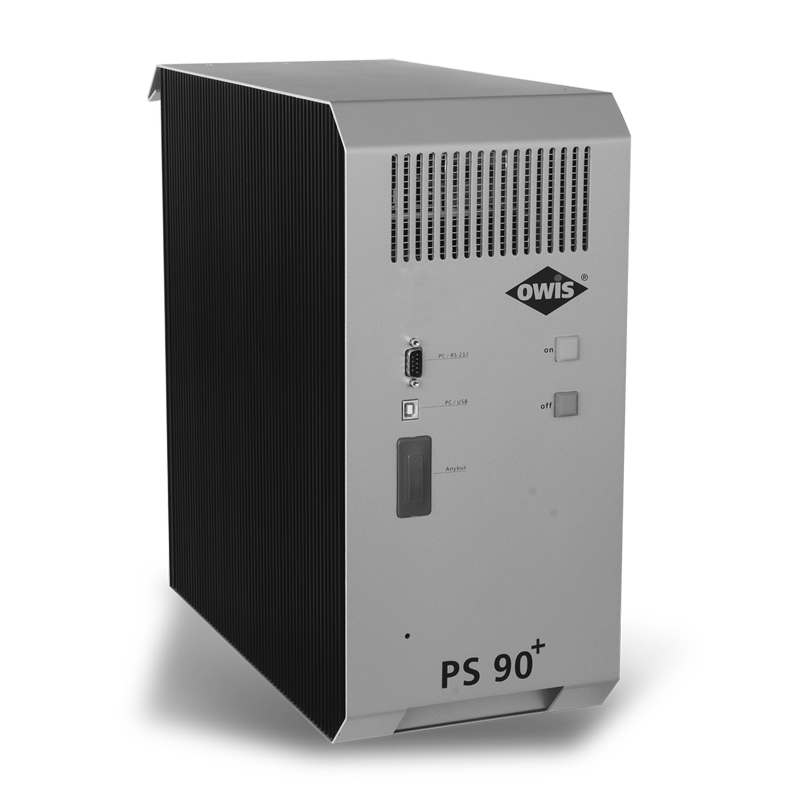Large area 3D surface inspection with white light interferometry

precise, accurate, customer-specific gantry system
For the Gesellschaft für Bild- und Signalverarbeitung (GBS) mbH, who are active in optical metrology, we have developed a customer-specific gantry system (fig. 1). This system enables a precise and accurate approach of individual measuring points as well as scanning of the entire surface in a working space of 1,250 mm x 550 mm x 45 mm by means of GBS's smartWLI sensor.
Fig. 1

White light interferometry is a high-resolution measurement technique for testing surface properties and measuring micro- and nanostructures (fig. 2). For this purpose, light from a broadband source is directed onto a measurement object and a high-precision reference mirror by means of a beam splitter. The reflected light from the measurement object is overlaid with the light from the reference mirror and the resulting interference patterns are evaluated by the sensor.
To measure large-area objects in the micro- and nanometer range, the interferometer must be moved across the object with low vibration and high precision. The small measuring range in depth also requires high position stability in the z-direction.
Fig. 2

The measuring positions in the x-y plane are approached with three linear stages LIMES 170. In combination with the positioning control PS 90+ and the integrated linear measuring system, we thus combine maximum positioning accuracy and large travel ranges.
The adjustment of the measuring distance between interferometer and measuring surface is done by the vertically installed linear stage LIMES 84N with step motor. For a correct measurement, an absolute standstill of the z-axis is required, since smallest movements can lead to measurement inaccuracies. We achieve the required stiffness and stability by mounting the gantry on a hard rock plate.
The control of the PS 90+ is completely integrated into the user software by the customer using the provided SDKs, in order to obtain a uniform user interface and thus achieve the simplest possible operation.
Download as PDF


